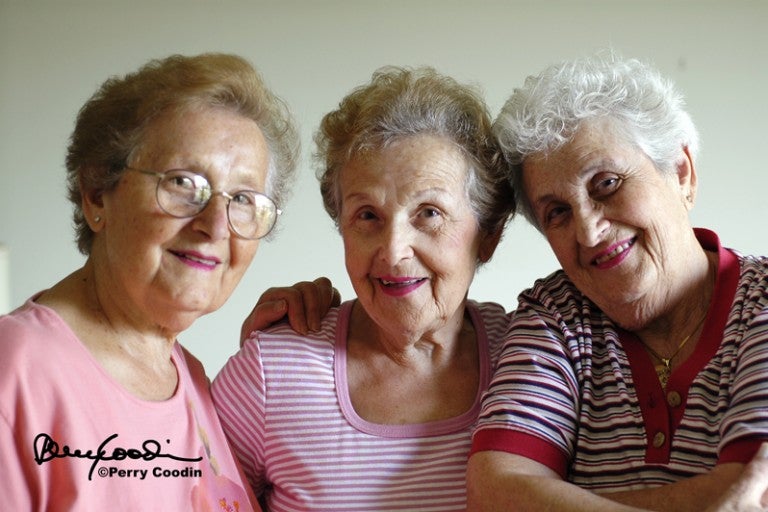November 16, 2020 — New York
The Muslim-Jewish Advisory Council (MJAC) is deeply troubled by the new Federal Bureau of Investigation (FBI) assessment of hate crimes in the United States. The Hate Crimes Statistics report shows 7,314 hate crime incidents in 2019, up slightly from the 7,120 incidents reported in 2018. Incidents targeting Jews were up 14 percent compared to last year. While hate crimes against Muslims decreased slightly in 2019, they remain the next largest target of crimes based on religious bias.
“Muslims and Jews across America remain primary targets of crimes motivated by sheer hatred, but no ethnic or faith group is immune,” said MJAC Co-chair Stanley Bergman. “The persistence of and continuing increase in hate crimes demands urgent attention and action.”
The annual FBI report grossly underestimates the number of hate crimes, as participation by local law enforcement agencies in the FBI’s hate crime data collection system is not mandatory. A 2019 study by the bipartisan U.S. Commission on Civil Rights identified “massive underreporting” of hate crimes, resulting in “far-reaching deleterious effects in terms of investigations and also for the prevention efforts for all.”
In the FBI’s data for 2019, 71 cities with a population of 100,000 residents or more reported zero hate crimes or did not submit any data. According to the Justice Department’s Bureau of Justice Statistics, Americans experience an average of 250,000 hate crimes each year, but most are not reported to the police.
MJAC calls on the U.S. Congress to pass the Jabara-Heyer National Opposition to Hate, Assaults, and Threats to Equality (NO HATE) Act before the end of the current congressional session. This measure will incentivize state and local law enforcement authorities to improve hate crime reporting by making grants available, to be managed through the Department of Justice. The grants, authorized from existing funds, will provide resources such as law enforcement trainings, the creation of reporting hotlines, increased resources to liaise with affected communities, and public educational forums on hate crimes. The bill also amends the penalties for hate crimes to allow courts to require offenders to undertake educational classes or community service related to the victim’s community as a condition of release.
“The measures laid out in the NO HATE Act will significantly improve our understanding of hate crimes and help law enforcement respond more effectively,” said MJAC Co-chair Farooq Kathwari. “We applaud the many members of Congress, both Democrats and Republicans, who have come together in unity to support this important legislation.”
MJAC has been advocating for the passage of the NO HATE Act since its bicameral introduction in June 2019. The bill was introduced in the Senate as the Khalid Jabara and Heather Heyer National Opposition to Hate, Assaults, and Threats to Equality Act by Senator Richard Blumenthal (D-CT) and its companion legislation in the House by Representatives Don Beyer (D-VA) and Pete Olson (R-TX). In the House, the NO HATE Act passed with bipartisan support as part of the HEROES Act. MJAC hopes to see the NO HATE Act included in a coronavirus response package or passed independently in the Senate.
MJAC is a civil society coalition established by American Jewish Committee (AJC) and Islamic Society of North America (ISNA). Founded in 2016, MJAC brings together civil society, religious, and business leaders from across the U.S. to advocate for domestic policy issues of common concern. MJAC’s national council and eleven regional councils, in Dallas, Detroit, Houston, Kansas City, Los Angeles, Louisville, Miami, New Jersey, New York, Philadelphia, and Washington, D.C. represent a network of hundreds of Muslim and Jewish leaders committed to working together for the good of both communities and the country. MJAC stands at the forefront of those confronting hatred against religious minorities and has made stemming the rise in hate crimes a key advocacy area of focus.


